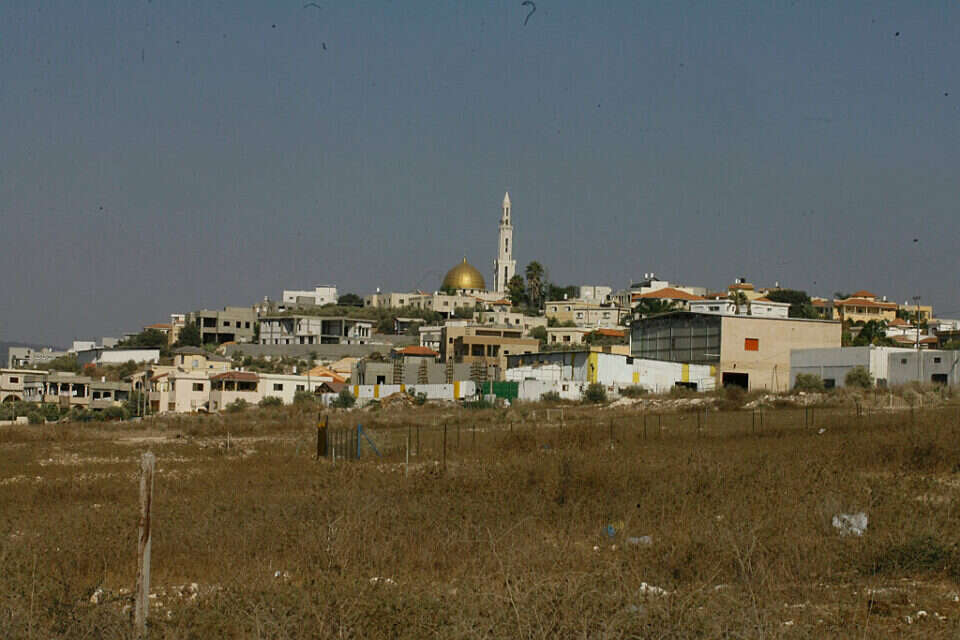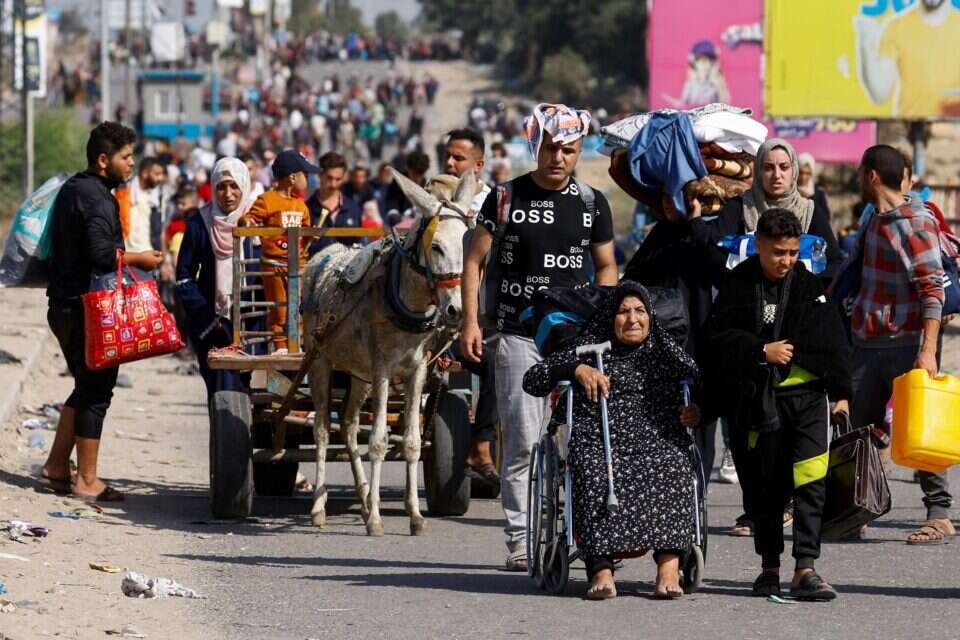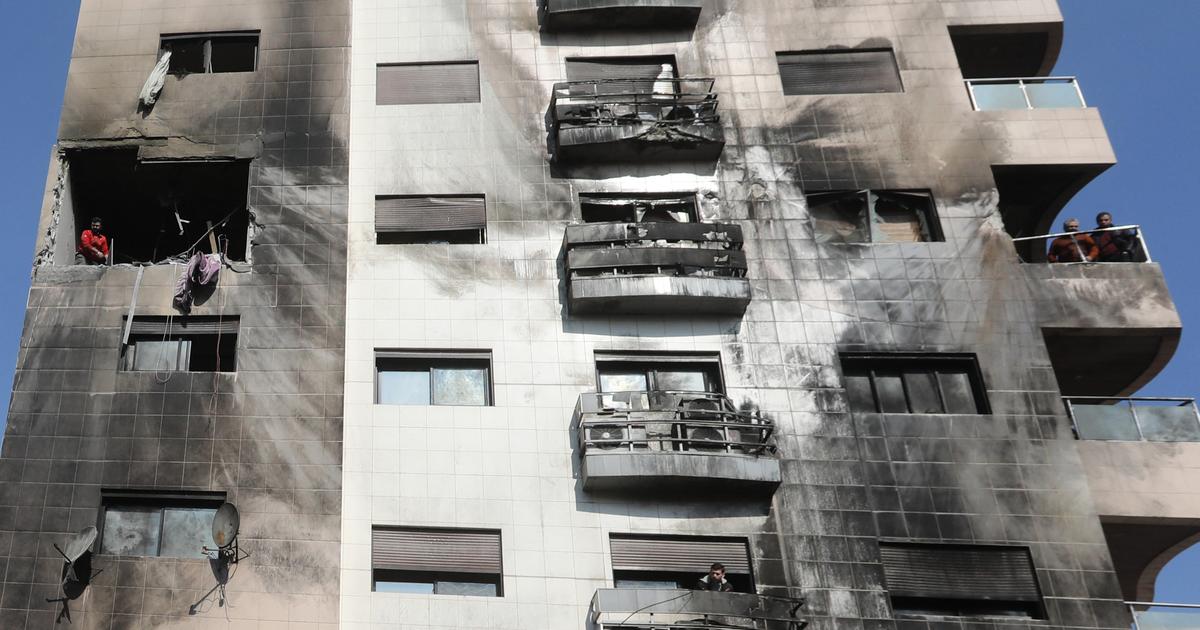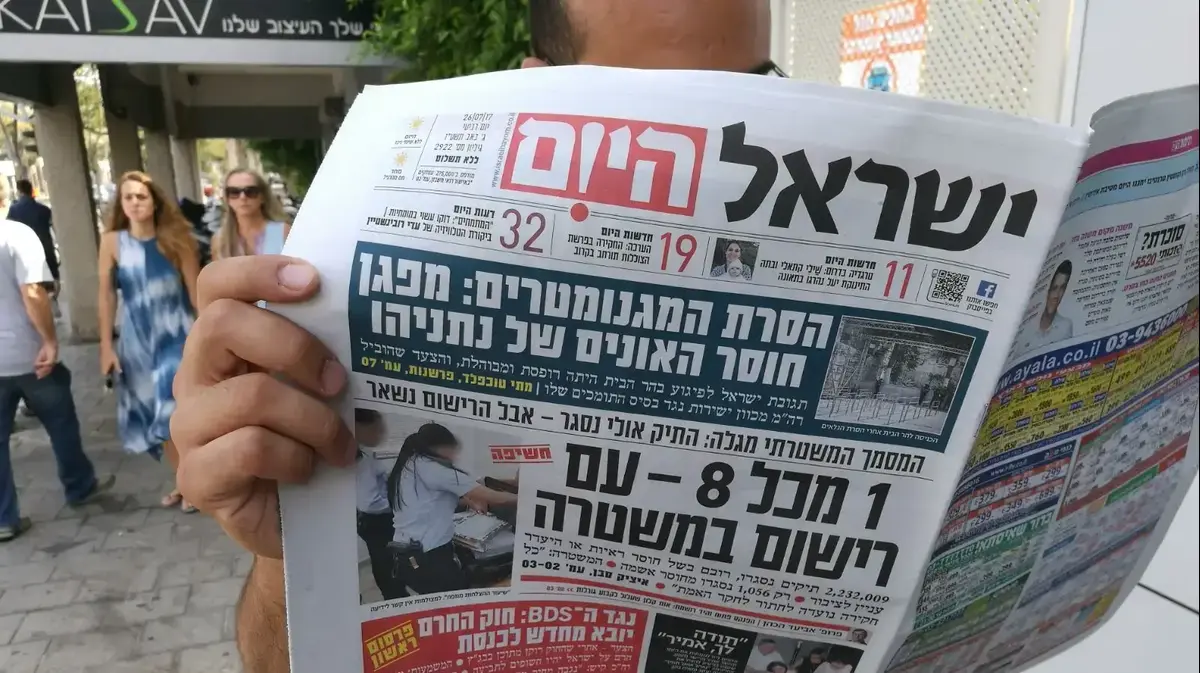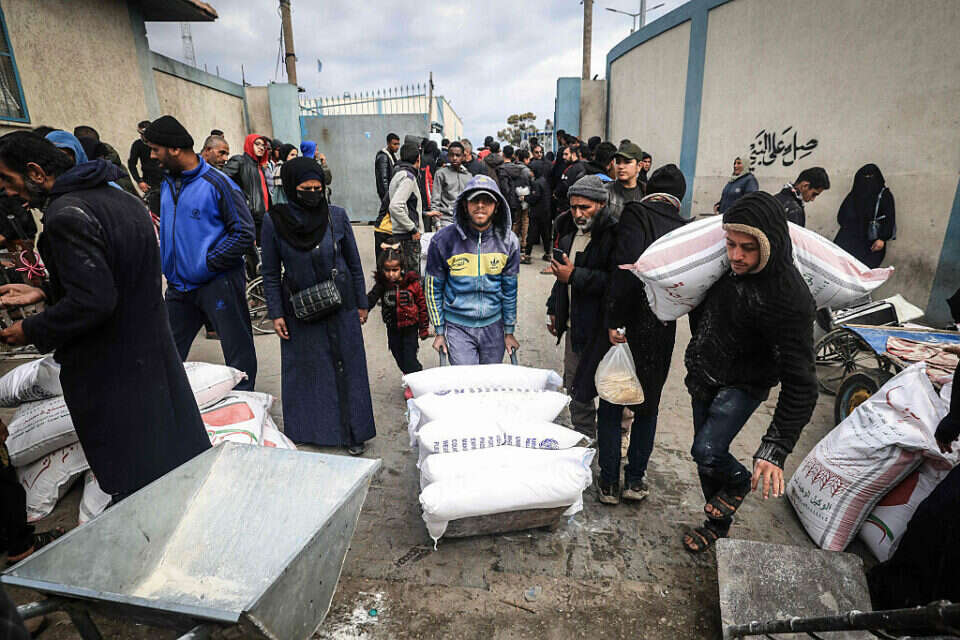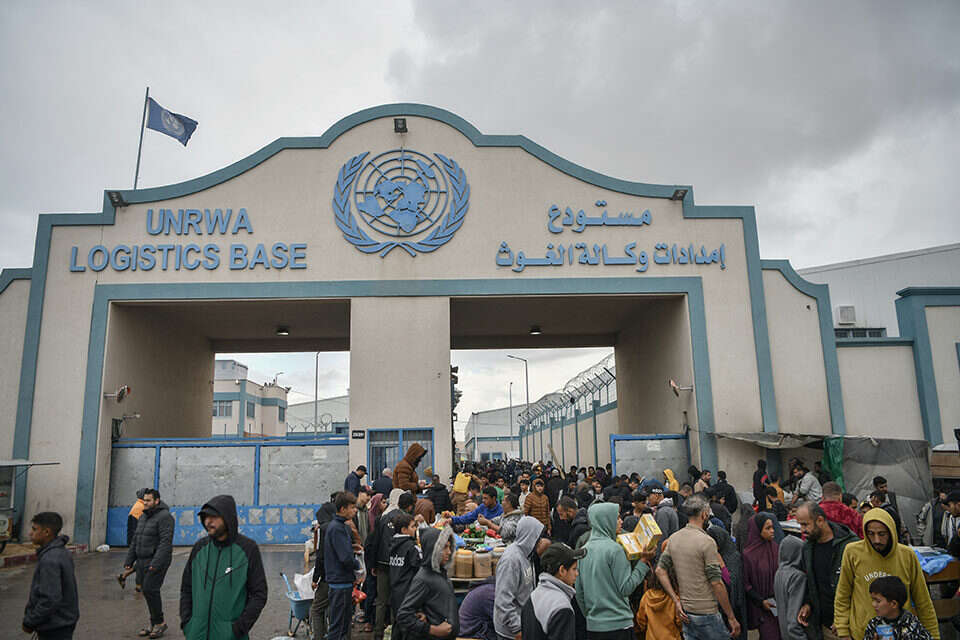This week, the head of the Kfar Qara local council and its residents, together with part of Arab society, celebrated the Interior Ministry's declaration of Kafr Qara as a city. This is the third recent declaration of Arab localities as cities, after Majar and Araba, and it seems that the only criterion that interested the interior minister was the number of residents – not infrastructure or other tests. And herein lies a very simple message:
As the population grows, so does the village become a city. Regardless of the question of its resources or abilities as a locality to develop or accommodate the size of the population.
In the test of moving from village to city, and the solemn declaration by the Ministry of the Interior and the local council, there is no good news for the ordinary resident. The village remains the same, and the dominant addition is a new standard for another deputy mayor position, and perhaps an increase in the offices of elected officials – just at the right time of the election year. In practice, there is no change here, and it is doubtful that there will be.
The state, through the Interior Ministry, is making a big mistake when it declares a village a city, and the expectation of the Arab leadership, especially in the local government, is that they will oppose such a decision. Clearly, elected officials will be happy to receive a few more standards and budgets, which are mainly intended to maintain and lubricate their municipal coalition system.
In order to declare the transformation of a settlement from a village to a city, there must be at least a decade, if not two, of preparation in terms of planning and infrastructure. This is not happening, mainly because of two dominant challenges: the first is the lack of approved master plans from the state, and the second is the lack of proper planning.
The Arab communities today are all villages, without exception. From Nazareth, the largest Arab city, to Rahat, the poorest city in the country. Both of them, like other settlements, are defined as cities, but in practice they are nothing more than large villages, and even slums. They lack any resources or revenues, and lack industrial and employment zones that can finance their development from tax revenues and municipal taxes from businesses. Because residential property taxes are barely enough for local authorities, Jewish and Arab, to provide minimal services to residents.
Most of the process of moving from a rural community to a city is planning, and this is the most important parameter, much more than the test of the number of residents. Planning is supposed to begin years before the declaration, but the transition of a village to city status is meaningless unless it includes the establishment of an industrial zone and an employment zone, the establishment of new and modern neighborhoods, the development of an education system and infrastructure, the approval of bylaws, and the addition of elementary services, especially in the field of civilian security, such as municipal supervision, fire stations, police and MDA stations.
It will remain a village, run like a village, and only government officials who live in Jerusalem and are completely unfamiliar with the location of the settlement will treat it as a city.
The transition from village to city is also a socio-economic process, and Arab society feels the change and the transition from a rural society to an urban society. This is a process that is directly related to globalization and civil, rather than political, Israelization that Arab society is undergoing. This is not about the collective level, but about the personal level of Arab citizens who are learning and developing more, while at the locality level the gaps compared to Jewish localities are still large.
Wrong? We'll fix it! If you find a mistake in the article, please share with us

